The wealth of aquatic resources was assumed to be an unlimited gift of nature. Fish contribute substantially to the world supply of animal protein, either directly or through their use as feedstuff for livestock. Fishing, fish processing and fish trading have provided food, employment and income in coastal and inland communities for centuries. Fishing is an ancient and worldwide practice with many techniques and traditions, and it has been transformed by modern technological developments. Increased incomes and appreciation of the dietary value of fish are spurring the demand for fish and fish products in the industralised countries. In the developing regions, population increases and the need to tap every potential source of food and foreign exchange provides the main impetus for increased fishing activities. By describing the fundamental principles and technologies involved in fish harvesting and processing, the book gives a comprehensive overview to the subject. It also offers diverse information on these crucial processes in fish industry to make the readers up-to-date with the latest developments in this field where scientific information has not only been fast but enormous too in the last decade.
ABOUT THE AUTHOR B.R. Selvamani
B.R. Selvamani, a fellow in marine conservation and a professor of environmental studies, is having twenty years of professional standing. He specialized in the design, implementation and development of fisheries systems. He has experience from a wide range of situations covering large scale high technological solutions to small scale simplistic approaches to fisheries and aquaculture management. His work in fisheries, aquaculture and coastal management combines interdisciplinary teaching and research on themes of sustainability, socio-economics, management and policy with practical experience. He is the author of many publications, including five books and twenty research papers on aquaculture and fisheries management.
ABOUT THE AUTHOR R.K. Mahadevan
R.K. Mahadevan, a seasoned teacher and a well-known researcher did his Ph.D. in fisheries management. The main research areas in which he has been involved include fish behaviour studies for the development of responsible fishing methods, particularly for stationary fishery gears, gear selectivity, and several areas related to aquaculture. He has been active in the development of fisheries conservation methodology and is created with the development of several standard methods. He has published extensively on the structure and functioning of marine ecological systems, focusing especially on the effects of natural and human disturbance.

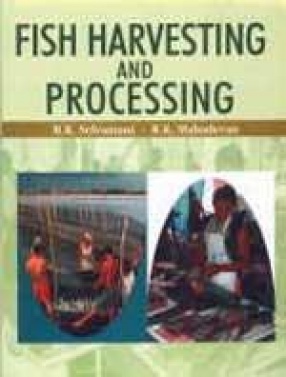
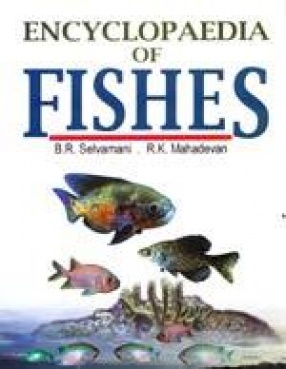
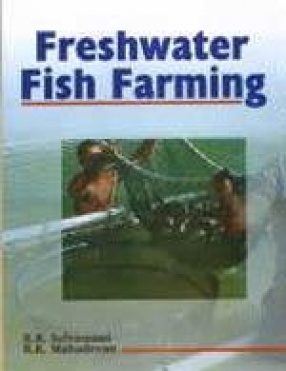
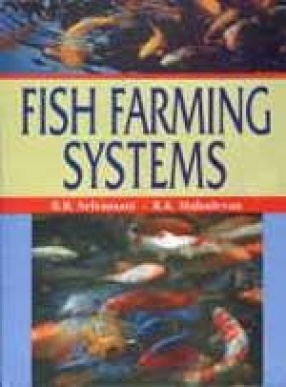
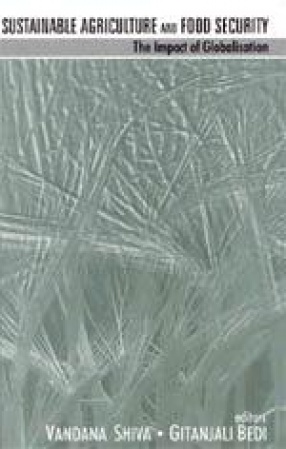

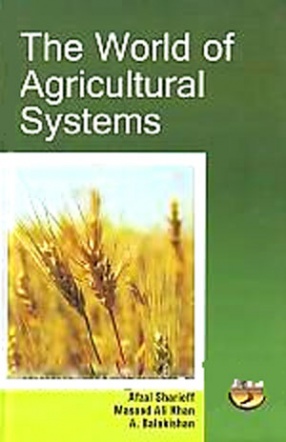
There are no reviews yet.